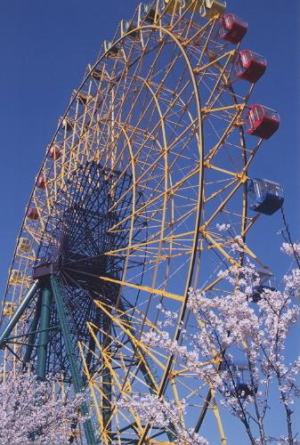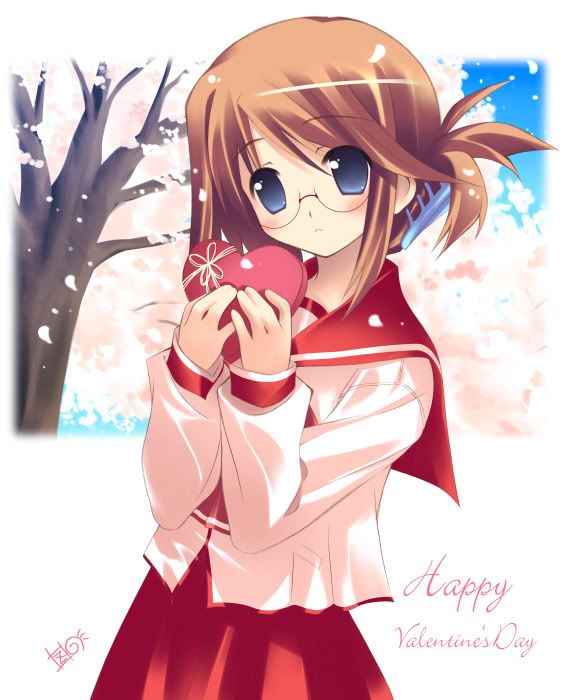On the whole, Japan is pretty functional as a Western-style democracy. Politicians make laws which are executed by the nation's army of komuin, public employees who function as a British-style bureaucracy that provides the actual "body" of the government. There is corruption, of course, but it's limited to comparatively rare cases involving high-ranking politicians, never on an individual level, and it's taken for granted that every person you interact with during the course of the day will be honest. This is quite different from countries like India, where (I'm told) the speed that the phone company installs your phone line is proportional to the size of the bribe you paid the clerk. Still, not everything is perfect in Japan. Although the number of (largely wasteful) public works projects was reduced significantly during the era of Prime Minister Koizumi, Japan still spends $71 billion a year on roads, bridges, dams, etc. Another problem are the constant streams of hakomono, essentially "pork barrel project in a box," conceived by politicians so their friends who own construction companies can make money. A textbook example of this was the plan by our city's mayor (who lives next door to us, by a really strange coincidence) to build a second Ferris Wheel in our city, despite the fact that we already have a perfect good one. Happily, that wasteful project got national media attention and the project was withdrawn





